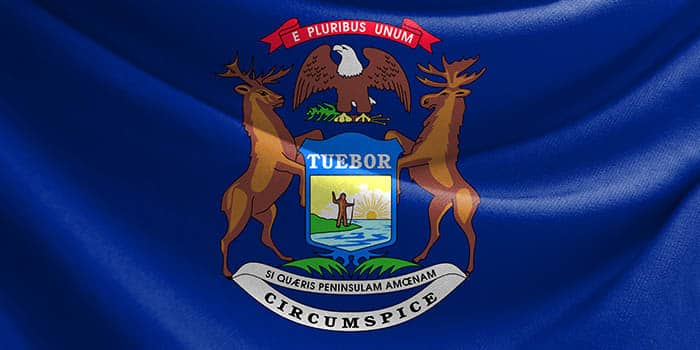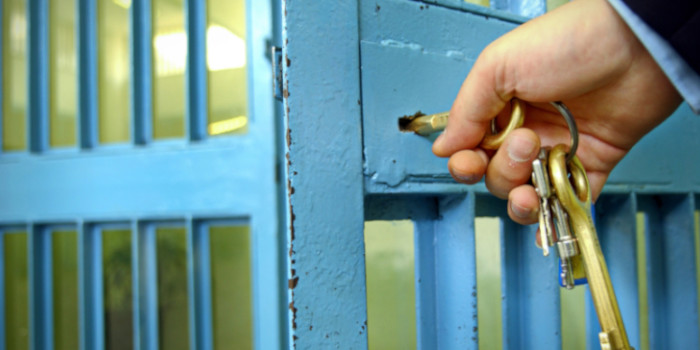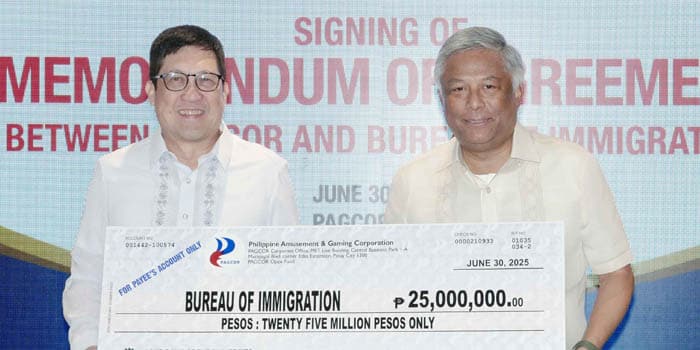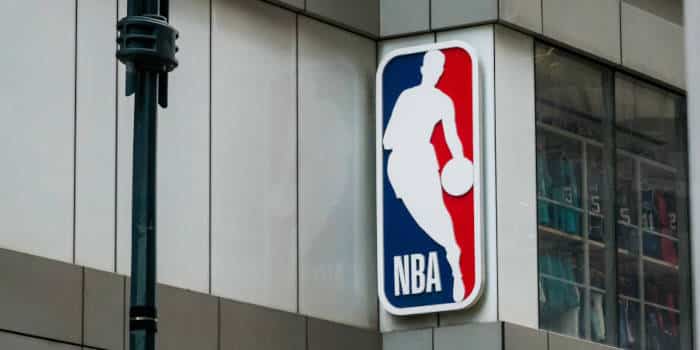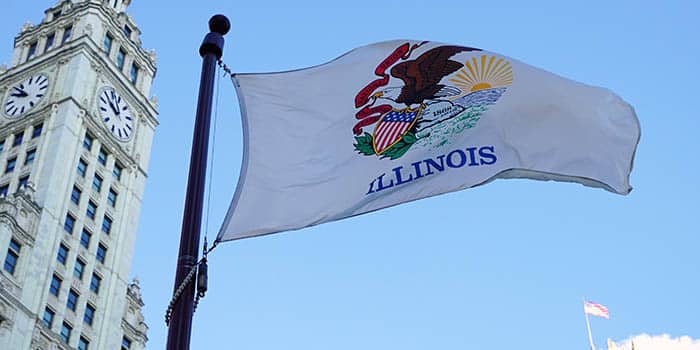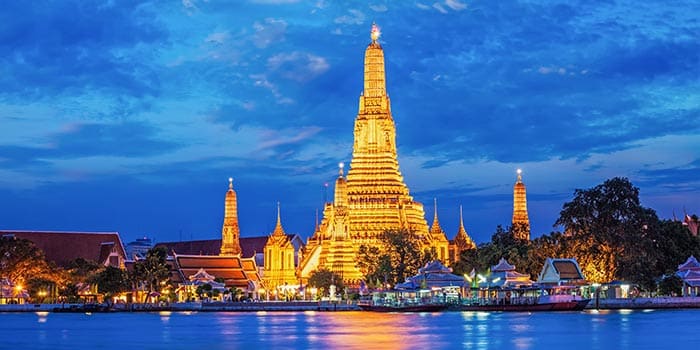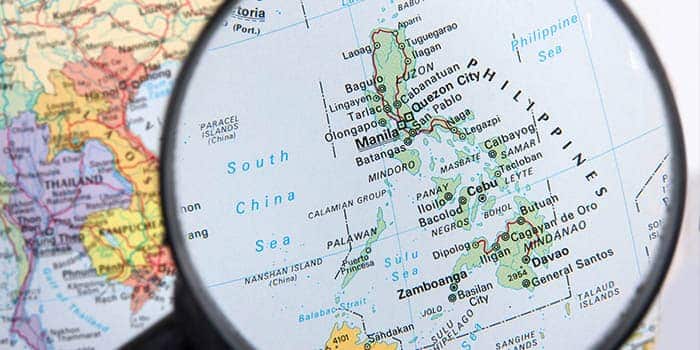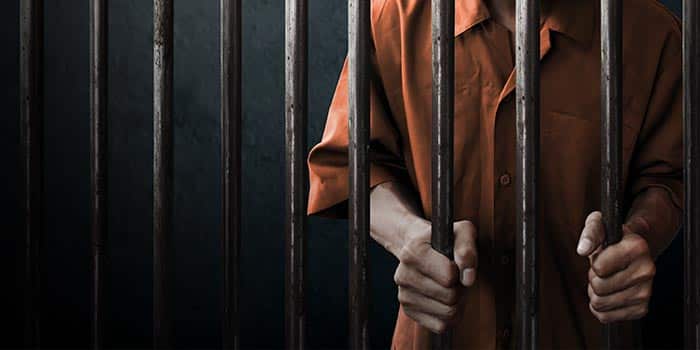- Casino
- By State
- Alabama
- Alaska
- Arizona
- Arkansas
- California
- Colorado
- Connecticut
- Delaware
- Georgia
- Florida
- Hawaii
- Idaho
- Illinois
- Indiana
- Iowa
- Kansas
- Kentucky
- Louisiana
- Maine
- Massachusetts
- Maryland
- Michigan
- Minnesota
- Mississippi
- Missouri
- Montana
- Nebraska
- Nevada
- New Hampshire
- New Jersey
- New Mexico
- New York
- North Carolina
- North Dakota
- Ohio
- Oklahoma
- Oregon
- Pennsylvania
- Rhode Island
- South Carolina
- South Dakota
- Tennessee
- Texas
- Utah
- Vermont
- Virginia
- Washington
- West Virginia
- Wisconsin
- Wyoming
- By State
- Slots
- Poker
- Sports
- Esports
Fact-checked by Angel Hristov
PAOCC Re-Evaluates Witness Statements in Mass Grave Discovery Case
The Department of Justice in the Philippines is currently investigating alleged mass graves discovered after a raid at an offshore gaming operator, in the context of President Ferdinand Marcos Jr. getting ready to finalize a decree outlawing these facilities

The Department of Justice (DoJ) in the Philippines has started an official investigation into the alleged mass graves that were revealed as a result of a raid at Lucky South 99, a Philippines Offshore Gaming Operator (POGO) located in Porac, Pampanga.
The discovery was possible with help from prosecutors, Philippine National Police Criminal Investigation and Detection Group investigators, officers of PAOCC, and witnesses, who identified possible burial places.
PAOCC Wants Search Warrant for the Burial Site
The Presidential Anti-Organized Crime Commission (PAOCC) was quick to announce its plans to obtain a search warrant to look into reports saying several people had been allegedly buried inside an outlawed gambling hub.
According to PAOCC’s spokesperson, Winston Casio, the PAOCC gathered a minimum of 10 witnesses whose testimony said they were brought to the location of the gambling facility to work on “scamming activities.”
“There are witnesses who came forward and said that there are bodies buried in Porac at Lucky South 99,” Casio said last week, adding they were “applying for a search warrant” that would allow them “legally look, excavate the locations pointed out by the witnesses.”
The spokesperson added they were expecting to obtain a search warrant within a week.
Given the very serious allegations, Casio explained, they decided “to apply for a search warrant to calm the anxious minds of both the foreign embassies with missing nationals as well as the relatives of those who have disappeared.”
PAOCC Reevaluating Witnesses’ Statements
In a recent interview for ANC 24/7, Casio explained that they were re-evaluating the statements of their witnesses which he called “quite dated,” going back to 2021-2022 as far as their personal knowledge was concerned.
While they have pointed at four different locations, the respective locations have since changed, so they must make sure their statements would hold in the application for a search warrant.
All of PAOCC’s actions must be “rooted in legality so they have to make sure their statement would stand scrutiny,” he explained.
There is no stance of urgency as far as the diggings are concerned. If indeed there are any bodies in this compound, no one would be able to touch them because we have a full perimeter security guarding this particular compound.
Winston Casio, spokesperson, PAOCC
When asked if they had identified who the missing or dead persons were or how many of them were in particular, Casio said they had no information on that.
“All that we know is that they are allegedly four nationals and they used to work for the POGO in Lucky South 99,” the spokesperson explained.
“It Would Not Be a Surprise If There Are Others”
DoJ secretary Jesus Crispin C. Remulla called the discovery “a very serious matter” they would not take for granted, adding “it would not be a surprise if there are others” to be found.
The gruesome discovery represented the latest link between crime and POGOs in the Philippines, in the context of President Ferdinand Marcos Jr. getting ready to finalize a decree that would immediately ban POGOs in the country.
Ever since they were given the green light by former president Rodrigo Duterte in 2016, these offshore gaming operators have spread like mushrooms after the rain, bringing in important revenue by offering offshore platforms to bettors in China and other countries dealing with strict gambling restrictions.
However, they have also been frequently tied to criminal activities including prostitution, drug crimes, and human trafficking – the main reason why president Marcos is now working on outlawing them from the country.
More than 400 POGOs were fully functional in the Philippines when the presidential decree was first announced.
Together, the facilities generated revenue of 166.5 billion pesos ($2.9 billion) every year, but the administration deemed the toll on the country’s reputation and tourism too high to allow them to function.
Related Topics:
After finishing her master's in publishing and writing, Melanie began her career as an online editor for a large gaming blog and has now transitioned over towards the iGaming industry. She helps to ensure that our news pieces are written to the highest standard possible under the guidance of senior management.
Next Article


Legal
September 18, 2024
Man Said to Have Used Massage Gun to Steal from Casino Appeared in Court
Must Read
Legal
June 27, 2025
Nebraska Lottery Winner Seeks to Dismiss Fraud Charges
More Articles




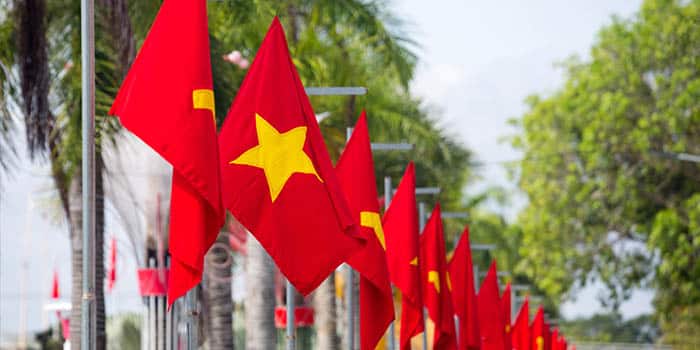
Casino
June 30, 2025
Vietnam Greenlights $2B Van Don Casino Resort

Casino
June 30, 2025
Man Admits to Laundering Cocaine Money Through Casinos
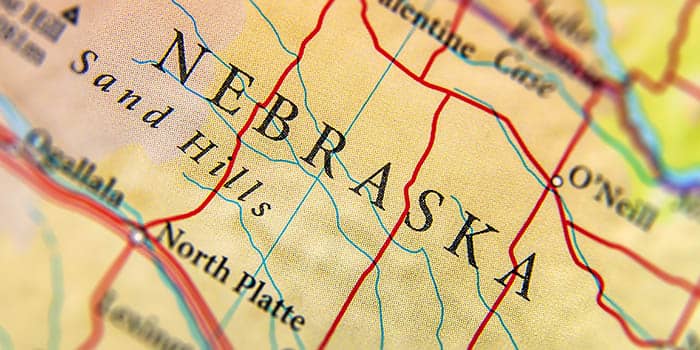
Legal
June 27, 2025
Nebraska Lottery Winner Seeks to Dismiss Fraud Charges
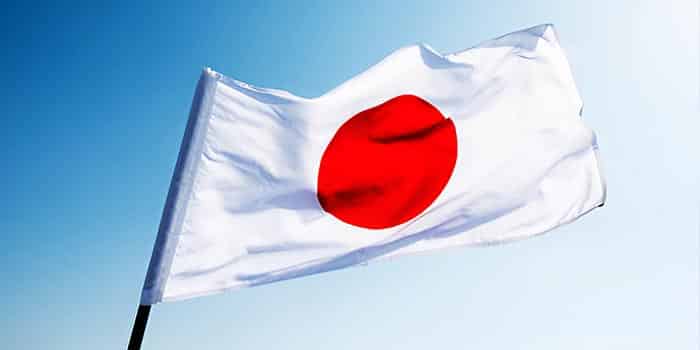
Casino
June 26, 2025
Japan Signals New Expansion Phase for Casino Resorts



